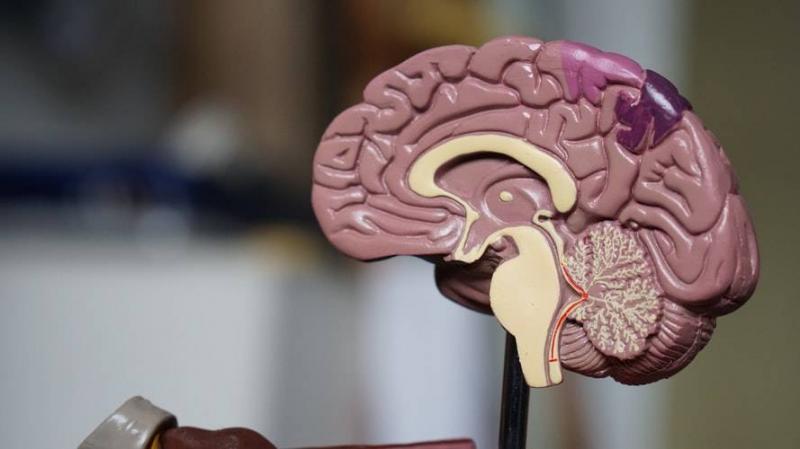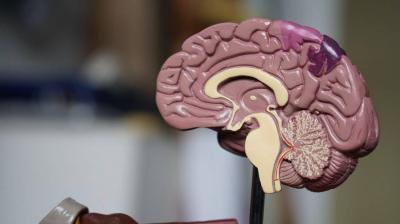Patients with COVID-19 typically report experiencing headaches, confusion, and other neurological symptoms, but doctors do not fully understand how the virus targets the brain during infection. Now, researchers at Tulane University in the U.S. have detailed how COVID-19 affects the central nervous system through a study conducted on monkeys, published on April 1 in the journal Nature Communications.
These findings represent the first comprehensive assessment of the neurological pathology associated with COVID-19 infection in a non-human primate model. The research team found severe inflammation and injury in the brain consistent with reduced blood or oxygen flow to the brain, including neuronal damage and cell death, as well as small brain hemorrhages.
Surprisingly, these results were observed in monkeys that did not suffer from severe respiratory illness from the virus. This astonishing finding prompted Tracy Fischer, the lead researcher and associate professor in microbiology and immunology at the Tulane National Primate Research Center, to spend an entire year refining study controls to ensure that the results were clearly attributable to the infection.
Fischer stated in a report published on the Tulane University website alongside the study, "Because the monkeys did not suffer from significant respiratory symptoms, no one expected them to experience the severity of illness we found in the brain, but the results were striking and profound, and undeniably a result of the infection."
These findings also align with autopsy studies of individuals who died due to COVID-19, suggesting that non-human primates could serve as a suitable model or agent for understanding what happens in humans as a result of infection. Neurological complications are often among the first symptoms of the viral infection and can be the most severe and persistent, affecting people of all ages randomly and appearing in varying degrees depending on the severity of the illness. Fischer hopes that future studies investigating how the virus impacts the brain will contribute to understanding and treating patients suffering from the neurological consequences of COVID-19.




